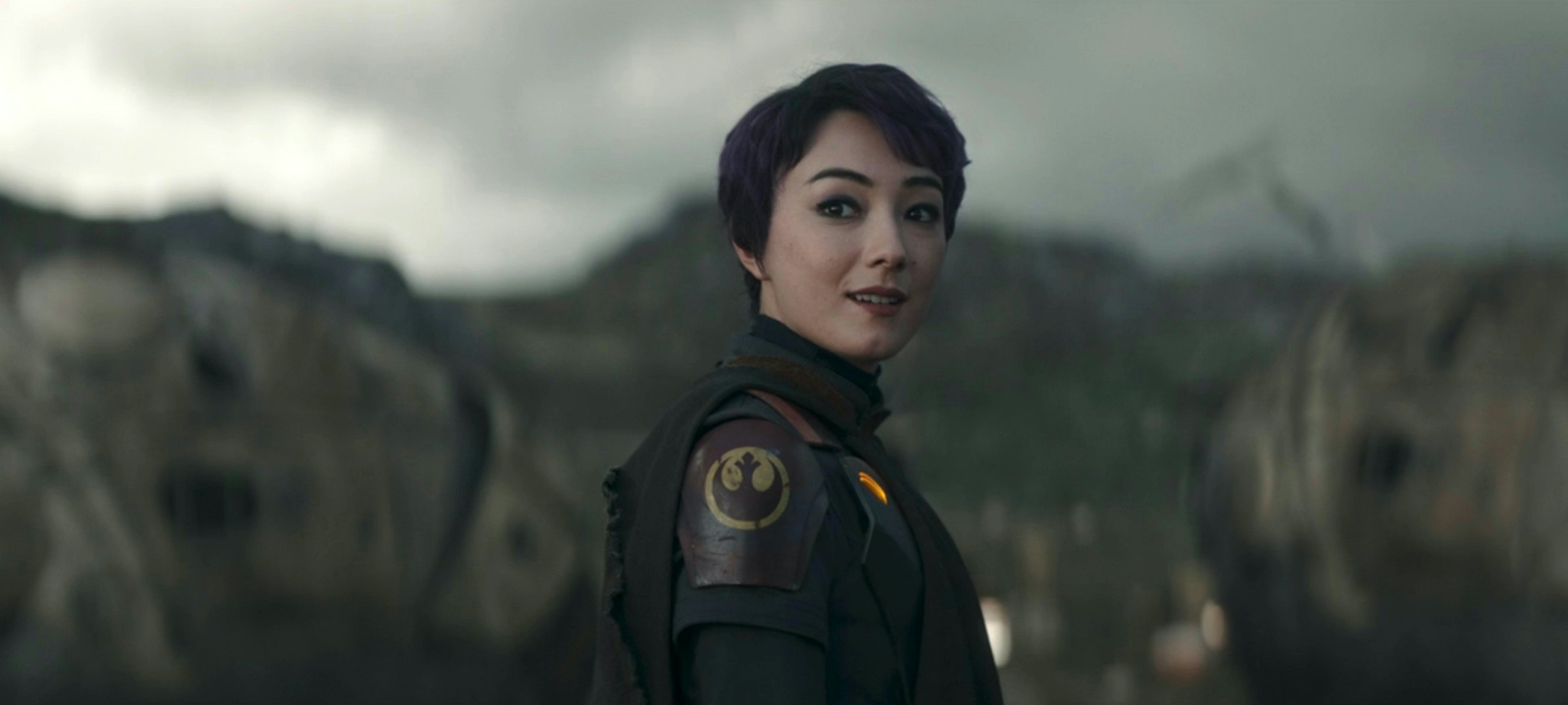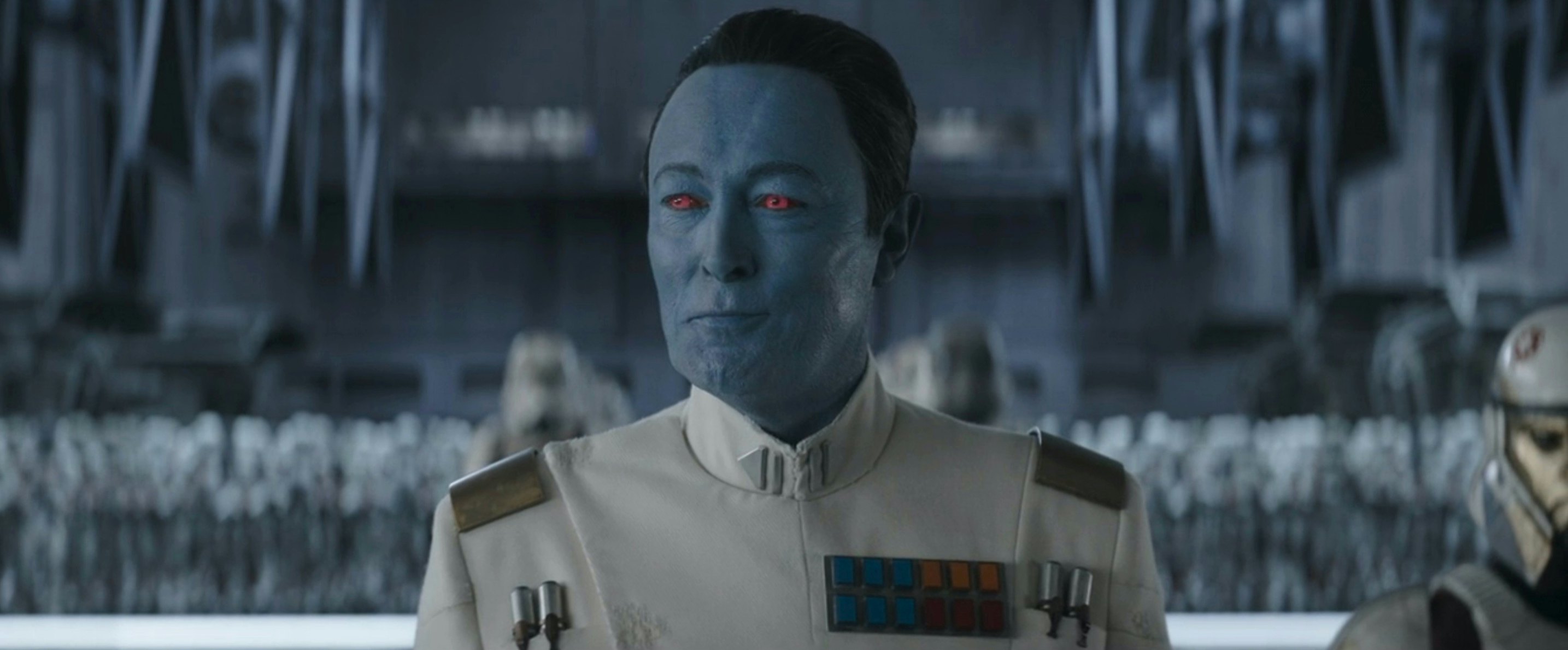
The first season of Disney+’s Ahsoka has been a bit of a mixed bag so far. While the series’ first six episodes have delivered plenty of standout moments, images, and potentially canon-shattering twists, they’ve also been dragged down by sluggish pacing, poor dialogue, and a general overreliance on Star Wars Rebels-inspired fan service. More than anything, Ahsoka has revealed the limits of the lore-heavy brand of storytelling that creator Dave Filoni has trafficked in for years.
Many of the show’s ongoing flaws are either absent or not as obvious in Ahsoka Episode 6, which features the long-awaited returns of both Grand Admiral Thrawn (Lars Mikkelsen) and Ezra Bridger (Eman Esfandi). However, while the episode finally starts to bring the promises of Ahsoka’s central premise to fruition, it’s also the installment that proves, once and for all, why the show would have been better off as a two-hour movie rather than an eight-episode TV series.

As entrenched in existing Star Wars lore as it may be, the plot of Ahsoka is actually pretty simple. The show is, at its core, about Ahsoka Tano (Rosario Dawson), Sabine Wren (Natasha Liu Bordizzo), and the rest of their Rebel friends racing to stop Morgan Elsbeth (Diana Lee Inosanto) and her team of mercenaries from helping Grand Admiral Thrawn return to power. Ahsoka’s plot is, for all intents and purposes, a race with potentially galaxy-altering stakes. Despite that fact, there has been little-to-no sense of urgency throughout Ahsoka.
The series’ first six chapters have been full of more meandering, circular conversations and long stretches of dead air than is justifiable. Along the way, Ahsoka’s episodes have also found time for moments with characters like Jacen Syndulla (Evan Whitten), Marrok, and Anakin Skywalker (Hayden Christensen) that have done little to progress the show’s story forward or added much to its primary characters’ practically non-existent emotional journeys. Frankly, a lot of what has happened throughout Ahsoka Episodes 1-6 has felt like filler.
As a result, it seems fair to say that the series likely would have been far better off as a two-hour movie. Indeed, had Dave Filoni been forced to fit Ahsoka’s space race plot into a 120-150 minute runtime, a lot of the extraneous details, moments, and stilted pauses that have plagued the series wouldn’t have been allowed to exist. A shortened runtime would have also added a propulsiveness to Ahsoka’s story, which would have imbued it with the sense of urgency that it requires.

In the years since Solo underperformed and Star Wars: Episode IX — The Rise of Skywalker received universally negative reactions, Lucasfilm has been extremely reticent to move forward with any new big-screen Star Wars projects. The studio has instead put more of its focus into expanding the Disney+ side of the franchise — even going so far as to convert projects that were originally meant to be movies, like Obi-Wan Kenobi, into multi-episode limited series. It was only in early 2023, four years after The Rise of Skywalker’s release, that the studio announced plans for three new Star Wars films.
However, as much as Hollywood at large would like viewers to believe that the lines separating the mediums of TV and film have been totally obliterated, that’s still not totally true. In fact, one need look no further than Obi-Wan Kenobi and Ahsoka for proof that some stories really are better suited for big screens and 120-minute runtimes.







